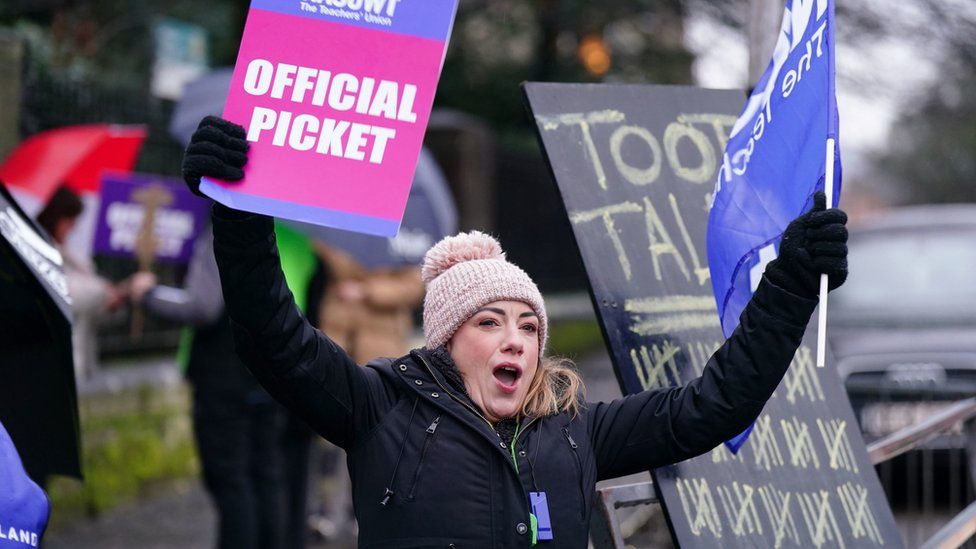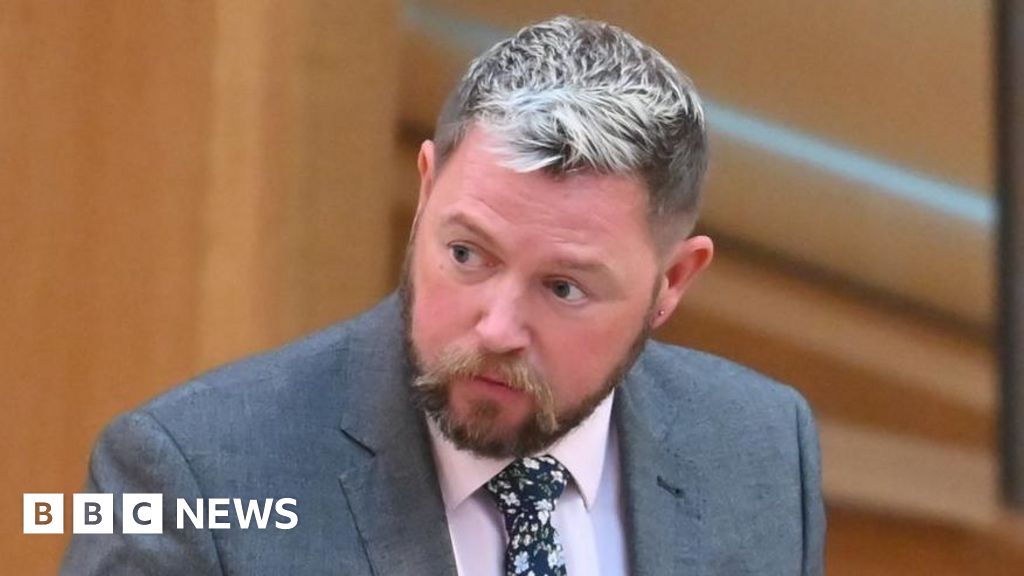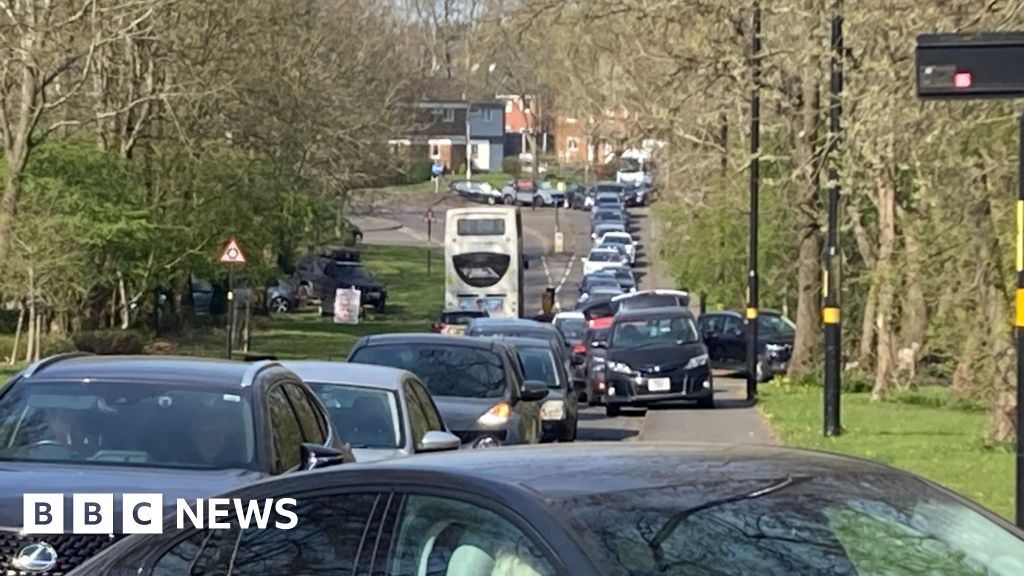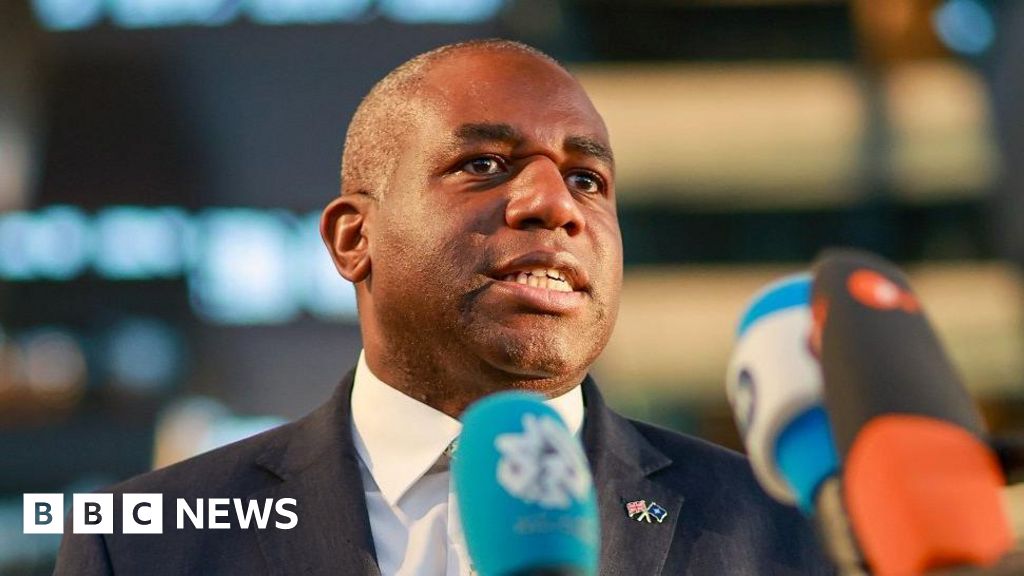ARTICLE AD BOX
 Image source, PA Media
Image source, PA Media
Teachers have been striking in Scotland already - and now schools in England and Wales will be affected too
By Vanessa Clarke
Education reporter
Teachers will strike over pay in England and Wales on seven dates in February and March, the National Education Union (NEU) has announced.
National strikes are scheduled for 1 February, 15 and 16 March. There are several regional dates too.
The NEU is the largest education union in the UK, and balloted about 300,000 teacher and support staff members in England and Wales.
The education secretary says she plans to meet union leaders later this week.
Head teachers are expected to take "all reasonable steps" to keep schools open for as many pupils as possible during a strike, according to Department for Education guidance.
Meanwhile, head teachers will not strike in England after a ballot by the NAHT union failed to meet the legally-required 50% turnout threshold.
The union says it is considering re-running the ballot because of alleged disruption caused by postal strikes.
NAHT members in Wales will take industrial action, however, after the ballot there met the required turnout.
When are NEU teachers striking?
Action will take place both nationally and regionally on the following days:
- 1 February: All schools in England and Wales
- 14 February: All schools in Wales
- 28 February: North and north-west England, Yorkshire and Humber
- 1 March: East Midlands, West Midlands, and the NEU's eastern region
- 2 March: South-east and south-west England, and London
- 15 and 16 March: Two-day strike of all schools in England and Wales
The NEU says any individual school will only be affected on a maximum of four out of the seven dates.
Most state school teachers in England and Wales had a 5% rise in 2022.
But the NEU has said the 5% pay rise offered to members actually equates to a pay cut, because of high inflation rates of over 10%.
Image source, BBC/Branwen Jeffreys
Image caption,Matthew Tyers, a PE teacher from Sheffield, said he was conflicted about voting yes to strike action
Matthew Tyers, who voted yes to strike action, has been a PE teacher for seven years at E-ACT Parkwood Academy in Sheffield.
He says he was "massively conflicted" about voting yes, as he teaches a Year 11 group who are preparing for their GCSEs.
"It is such a terrible decision to have to make, a heart-over-head sort of decision," he tells the BBC.
Mr Tyers believes nothing will change unless "some significant action" is taken.
He recently had a baby with his partner and has noticed the cost of heating the house and food bills going up.
He says he hopes the government will now listen and offer a "fair and equitable pay rise so that we can come to work not worrying about bills, gas, [or] electric but we can come with our sole focus - of improving students' lives".
Downing Street is calling on teachers to discuss their concerns rather than "withdraw education from children".
"We would continue to call on teachers not to strike, given we know what substantial damage was caused to children's education during the pandemic and it's certainly not something we want to see repeated," the prime minister's spokesman said earlier on Tuesday.
The NEU announcement comes days after members of the NASUWT union in England and Wales voted to strike - but it failed to meet the turnout threshold to take industrial action.
Teachers have already been striking in Scotland since before Christmas. On Monday, 16 days of rolling action began, with schools in two local authorities taking part each day.
In Northern Ireland, teachers from five unions are continuing to take action short of a strike.
Are you taking part in the strikes? Are you a parent or guardian who is affected by industrial action? You can share your experiences by emailing: haveyoursay@bbc.co.uk.
Please include a contact number if you are willing to speak to a BBC journalist. You can also get in touch in the following ways:
If you are reading this page and can't see the form you can email us at HaveYourSay@bbc.co.uk. Please include your name, age and location with any submission.

 2 years ago
33
2 years ago
33








 English (US) ·
English (US) ·